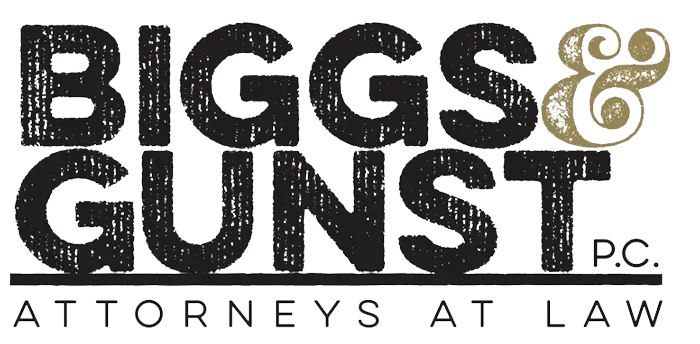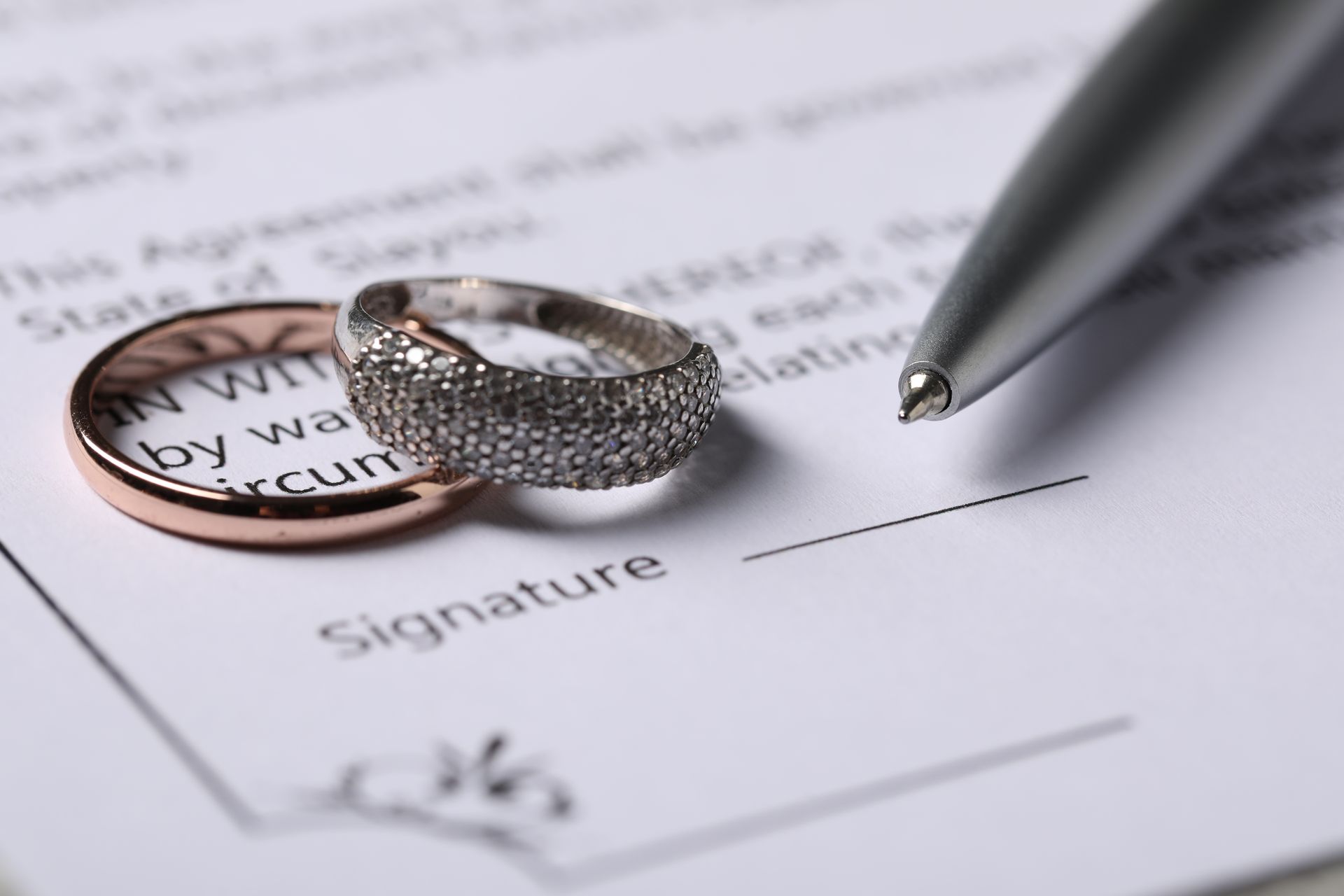What Qualifies as a Wrongful Death in Michigan?
What Qualifies as a Wrongful Death in Michigan?
The loss of a loved one is one of life’s most painful experiences, especially when that loss is caused by someone else’s careless or wrongful actions. Families facing this kind of tragedy often struggle with emotional pain, financial burdens, and the need for accountability.
At Biggs & Gunst P.C., we help families in Ann Arbor and throughout Michigan understand what qualifies as a wrongful death and how to seek justice through the legal process. While no lawsuit can replace the person you’ve lost, pursuing a wrongful death claim can provide a sense of closure and help ease the financial strain that often follows such a devastating event.
What Is a Wrongful Death?
Under Michigan law (MCL 600.2922), a wrongful death occurs when a person’s death results from another party’s wrongful act, neglect, or fault. In other words, if the victim could have filed a personal injury lawsuit had they survived, their family may have the right to pursue a wrongful death claim on their behalf.
A wrongful death claim allows surviving family members to hold negligent individuals or entities accountable for their actions and to recover damages related to their loss.
Common Causes of Wrongful Death in Michigan
Wrongful death cases can arise from many types of accidents or negligent acts. Some of the most common causes include:
- Motor Vehicle Accidents: Fatal crashes involving distracted, impaired, or reckless drivers.
- Medical Negligence: Situations where healthcare providers fail to deliver appropriate care, leading to fatal outcomes such as surgical errors, misdiagnoses, or delayed treatment.
- Workplace Accidents: Fatal injuries caused by unsafe working environments, equipment malfunctions, or employer negligence.
- Defective Products: Deaths caused by unsafe or malfunctioning consumer products, vehicles, or machinery.
- Premises Liability: Fatal injuries resulting from dangerous property conditions, such as inadequate security or hazardous walkways.
- Criminal Acts: Deaths resulting from intentional violence or misconduct, where a civil claim may proceed alongside criminal charges.
Each case is unique, but the central issue is negligence — a failure to act with reasonable care that directly leads to someone’s death.
Who Can File a Wrongful Death Claim in Michigan?
Michigan law requires that the personal representative of the deceased person’s estate file the wrongful death claim. This person may be named in the deceased’s will or appointed by the probate court.
The claim is brought on behalf of the surviving family members who suffered from the loss. Eligible beneficiaries can include:
- The spouse
- Children, including adopted children
- Parents or grandparents
- Siblings
- Stepchildren
- Anyone financially dependent on the deceased
Once a settlement or verdict is reached, the court will determine how the damages are distributed among the family members.
Damages Available in a Wrongful Death Claim
While no amount of money can truly make up for such a loss, a wrongful death claim can help relieve financial stress and provide stability for the future. Damages that may be recovered include:
- Funeral and burial expenses
- Medical bills related to the fatal injury or illness
- Loss of income and future financial support
- Pain and suffering experienced by the deceased before death
- Loss of companionship, care, and guidance for surviving family members
Each case is evaluated individually to determine what compensation is appropriate based on the circumstances and impact of the loss.
The Time Limit to File a Wrongful Death Claim
In most cases, a wrongful death claim in Michigan must be filed within three years of the date of death. Certain factors, such as delayed discovery of negligence, may affect this time frame. Acting quickly ensures important evidence is preserved and allows your attorney to begin building a strong case as soon as possible.
Why Wrongful Death Claims Matter
A wrongful death claim is about more than financial recovery. It is a means of achieving accountability and justice. By holding negligent parties responsible, families not only find closure but also help prevent similar tragedies in the future.
At Biggs & Gunst P.C., we understand that pursuing legal action is a deeply personal decision. Our goal is to help families make informed choices while providing clear, compassionate legal guidance every step of the way.
How Biggs & Gunst P.C. Supports Families in Ann Arbor
When negligence leads to the loss of a loved one, families should not have to face the legal process alone. The attorneys at Biggs & Gunst P.C. are committed to helping families in Ann Arbor and across Michigan seek justice and find peace of mind.
We take the time to listen, explain your options, and handle the legal process so you can focus on healing. If your family has suffered a wrongful death, we are here to provide guidance, strength, and advocacy.
Call 734-263-2320 or visit Biggs & Gunst P.C. to schedule a confidential consultation today. Together, we can pursue accountability and help you take the next step toward closure.











